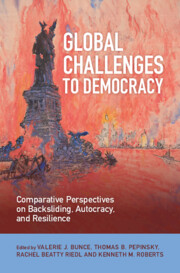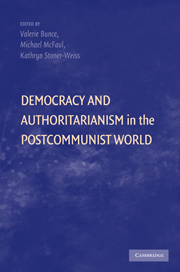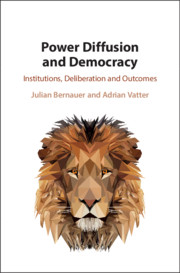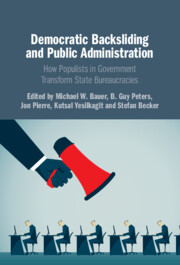Global Challenges to Democracy
Following democracy's global advance in the late 20th century, recent patterns of democratic erosion or 'backsliding' have generated extensive scholarly debate. Backsliding towards autocracy is often the work of elected leaders operating within democratic institutions, challenging conventional thinking about the logic of democratic consolidation, the enforcement of institutional checks and balances, and the development and reproduction of democratic norms. This volume tackles these challenges head-on, drawing theoretical insights from classic literature on democratic transitions and consolidation to help explain contemporary challenges to democracy. It offers a comparative perspective on the dynamics of democratic backsliding, the changing character of authoritarian threats, and the sources of democratic resiliency around the world. It also integrates the institutional, civil society, and international dimensions of contemporary challenges to democracy, while providing coverage of Western and Eastern Europe, South and Southeast Asia, Africa, Latin America, and the United States.
- Provides a comprehensive, cross-regional comparative perspective on global patterns of democratic backsliding and resiliency
- Draws insights from the classic literature on democratic transitions and consolidation to help explain contemporary patterns of backsliding led by elected officials working within democratic institutions
- Provides thematic sections focused on institutional, civil society, and international dimensions of backsliding for readers to better understand the interaction between them
Product details
May 2025Hardback
9781009602600
340 pages
229 × 152 mm
Not yet published - available from May 2025
Table of Contents
- 1. Introduction: global challenges to democracy: backsliding, resiliency, and democratic theory Kenneth M. Roberts, Valerie J. Bunce, Thomas Pepinsky and Rachel Beatty Riedl
- Part I. Institutions as Sites of Regime Contestation:
- 2. Backsliding in India the weakening of referee institutions Milan Vaishnav
- 3. The (de)democratizing tango: why it's hard to get democracy to stick in Southeast Asia Meredith L. Weiss and Allen Hicken
- 4. State capacity and accountability in low-income states Jamie Bleck and Nicolas van de Walle
- 5. Democratic backsliding and the politicization of public employment Bryn Rosenfeld and Frances Cayton
- 6. Election administration and democratic fragility in the US David A. Bateman, Robert C. Lieberman and Aaron Childree
- Part II. Civil Society, Social Media, and Political Messaging:
- 7. Civil society mobilization against equal citizenship in Latin America Lindsay Mayka
- 8. Nationalist passion, economic interest, and the moral economy of the Hungarian right, 2002–2010. Béla Greskovits
- 9. Post-communist democracy, civil society, and the problem of accountability Michael Bernhard
- 10. Civil society resistance to democratic backsliding Mark R. Beissinger
- 11. Is democracy broken? Disinformation wants you to think that it is Alexandra Cirone
- 12. The indispensability of dominance M. Steven Fish
- Part III. International Dimensions of the Struggle between Democracy and Autocracy:
- 13. The security imperative and right nationalist politics in contemporary Europe Mabel Berezin
- 14. The long shadow of 1968: Christian democracy's struggle for dominance and democratic backsliding in Europe Dorothee Bohle and Aida Hozic
- 15. Foro Madríd and the transnationalization of the far-right Stefano Palestini and Cristóbal Rovira Kaltwasser
- 16. Conclusion Valerie Bunce.







